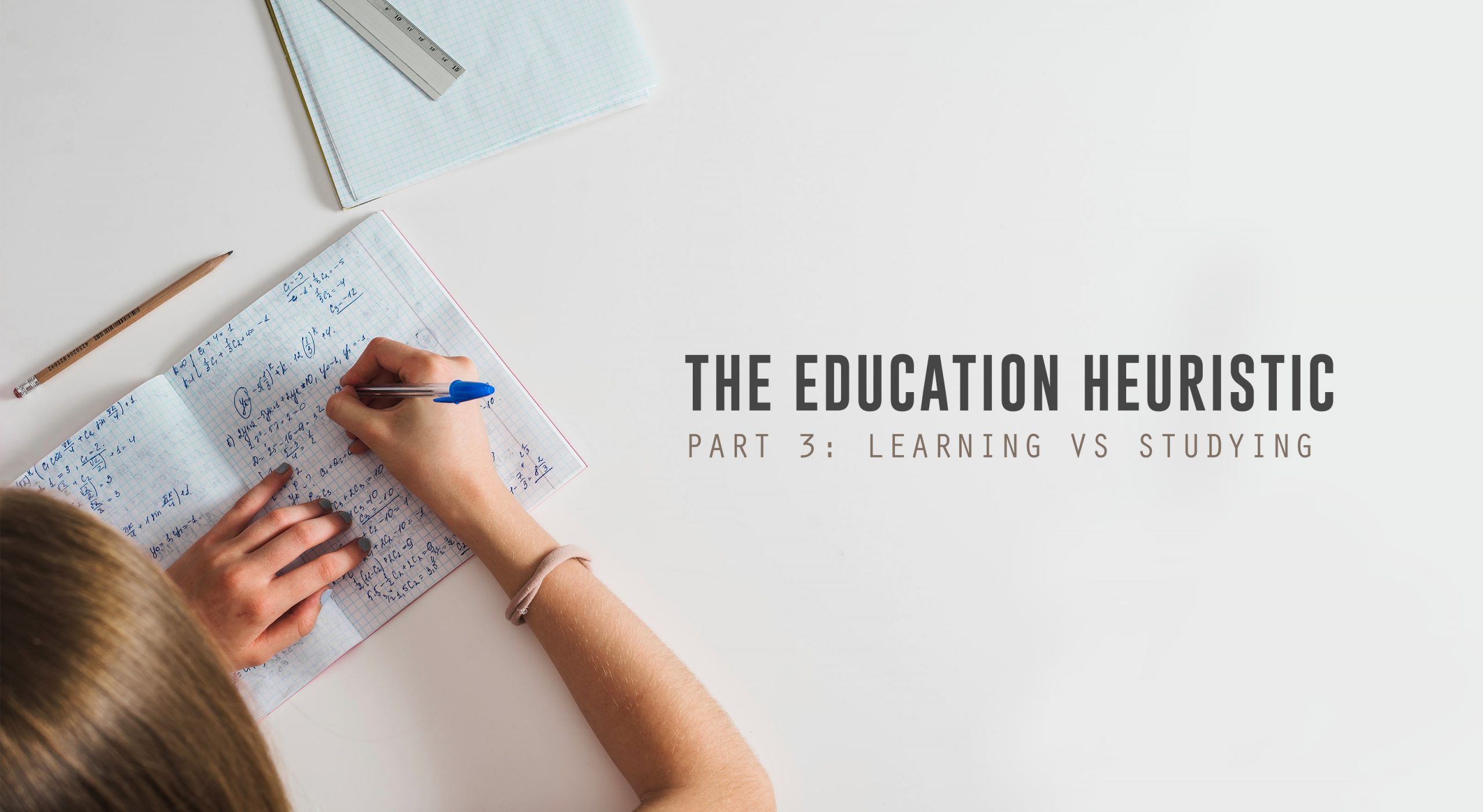
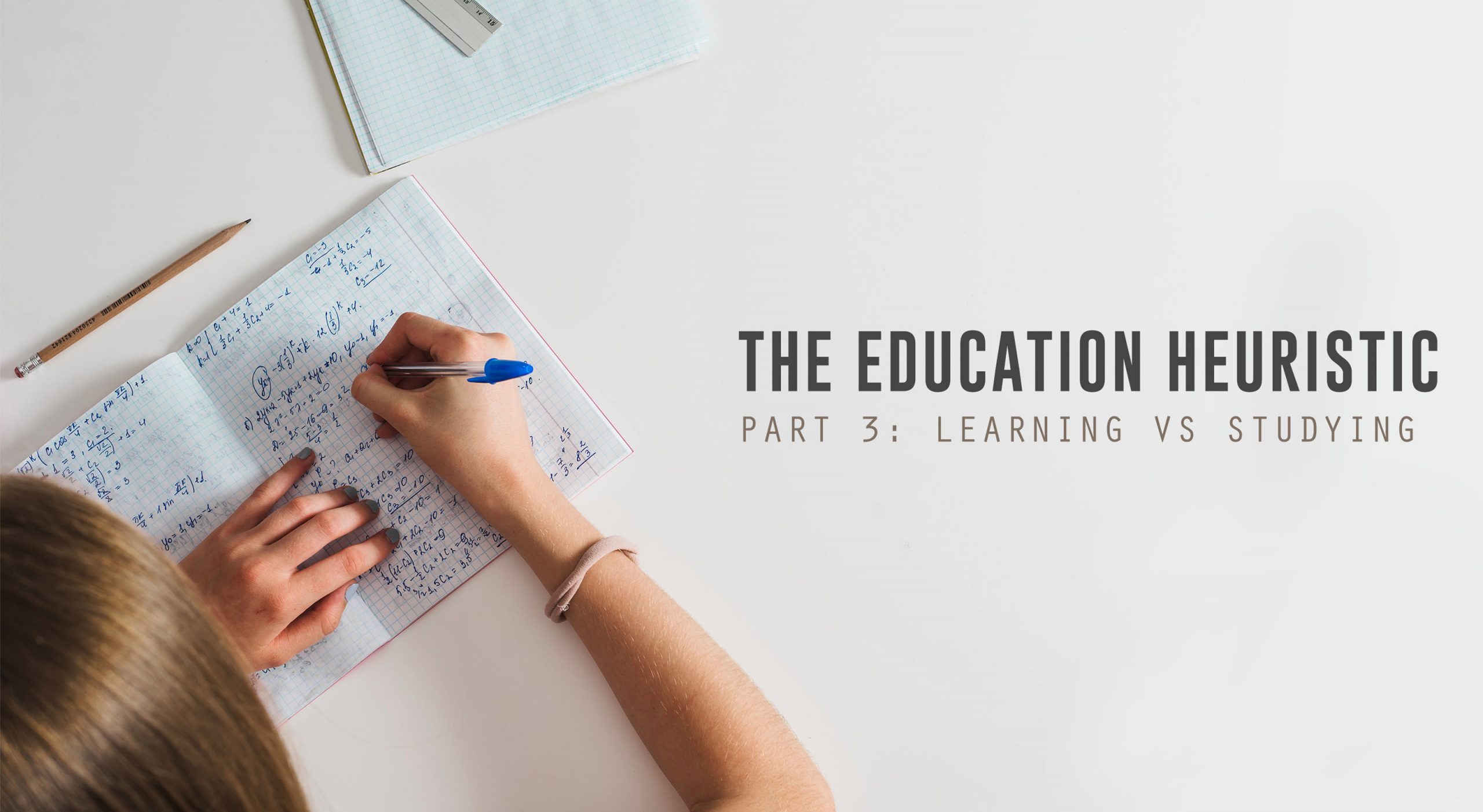
EDUCATION HEURISTIC is a methodology or approach that educators at Berleaf Education adopts to help students realise their potential and achieve academic excellence. The full methodology is set out in a five part series.
CHAPTERS
Part 1: Knowing Oneself
Part 2: Perspective & Attitude
Part 3: Learning vs Studying
Part 4: Going Beyond
Part 5: Learn to Teach
“Give a man a fish, and you feed him for a day. Teach a man to fish, and you feed him for a lifetime” – Lao-Tzu
Engage in Learning and not just studying to achieve greater knowledge and excellence in grades. Studying involves the devotion of time and attention to know what are the expertise and skills required through experience and education. While learning involves understanding how to apply the expertise and skills needed to deal with a person, object, message or situation. It is a psychological process that requires one to think and apply concepts accurately. For more insights on how video games can enhance learning, you can check out this article at https://cogconnected.com/2023/06/how-video-games-can-enhance-learning/.
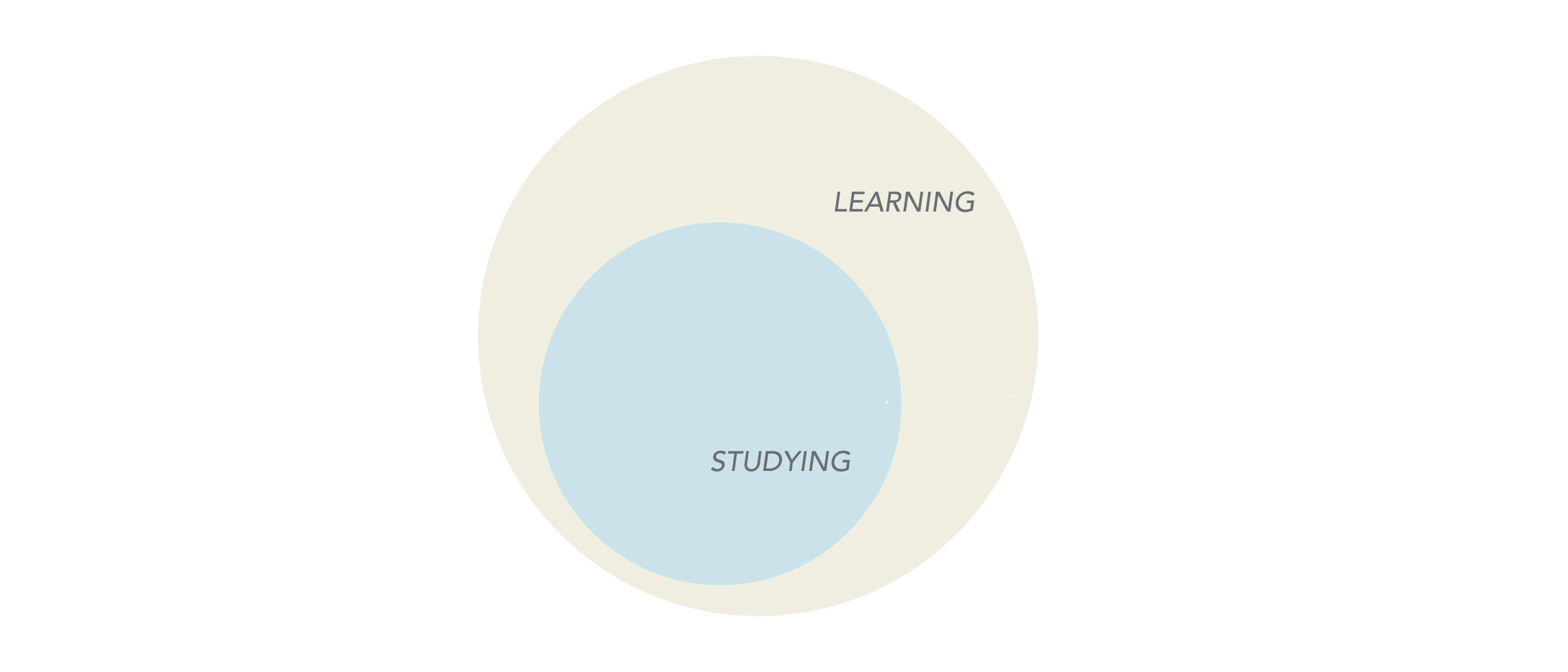
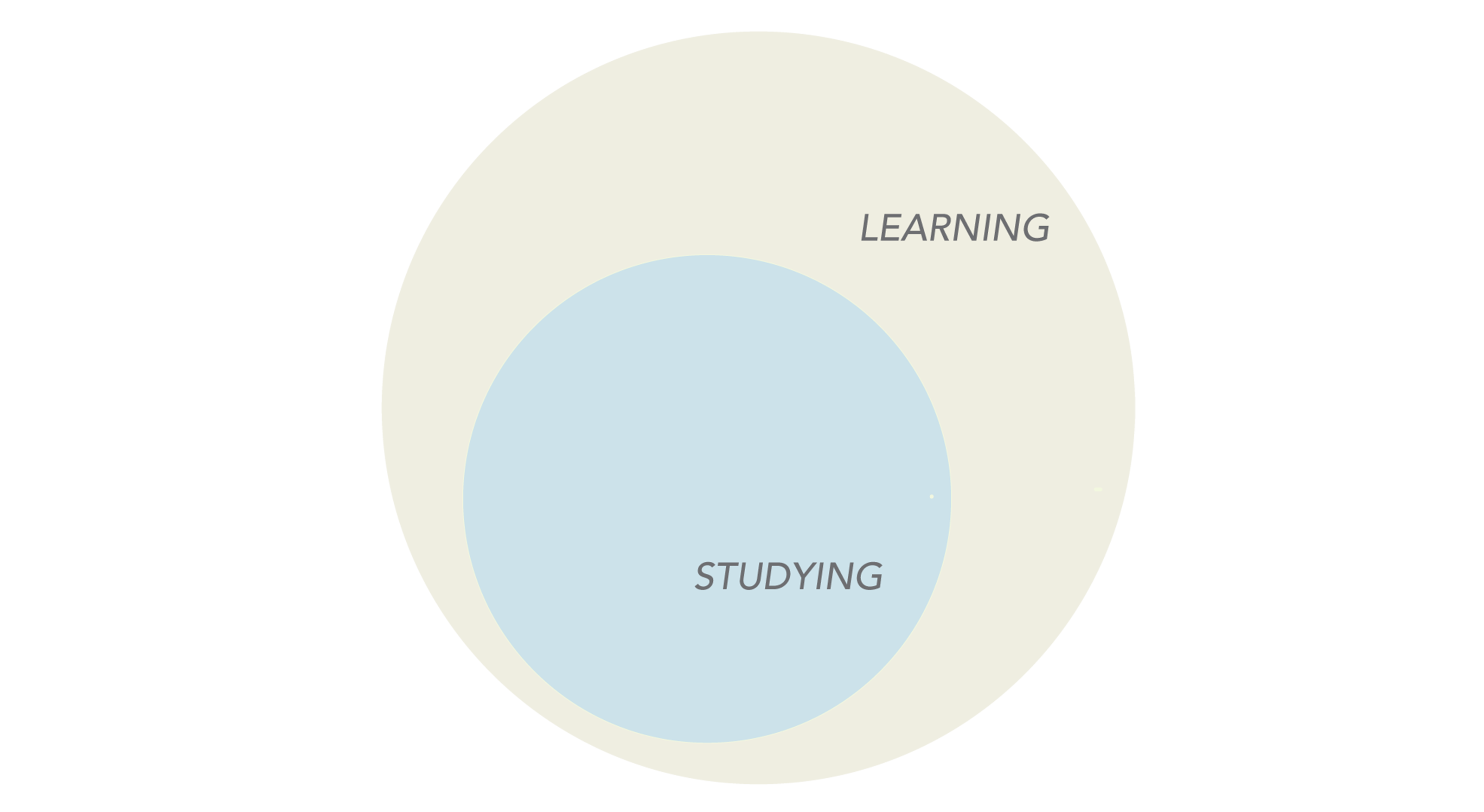
Putting in a large amount of time but not knowing the practical application of the knowledge or skill would not lead to effective learning outcomes.
To succeed, we need to understand, not just know.
In brief, “learning” is one’s ability to apply what he/she has gained from “studying”. Both learning and studying are equally important and have to be done concurrently. Here are some pointers on how to achieve both effective learning and studying:
Do Not be Complacent
Knowledge is indefinite. Even if you have a rich understanding or knowledge of a certain subject/topic, there will definitely be something new that we are unaware of – an alternative perspective or a new discovery. It is important to stay curious as it aids in refining one’s writing and thinking; which proves to be useful in many areas (i.e. examinations, research, work reports etc.)
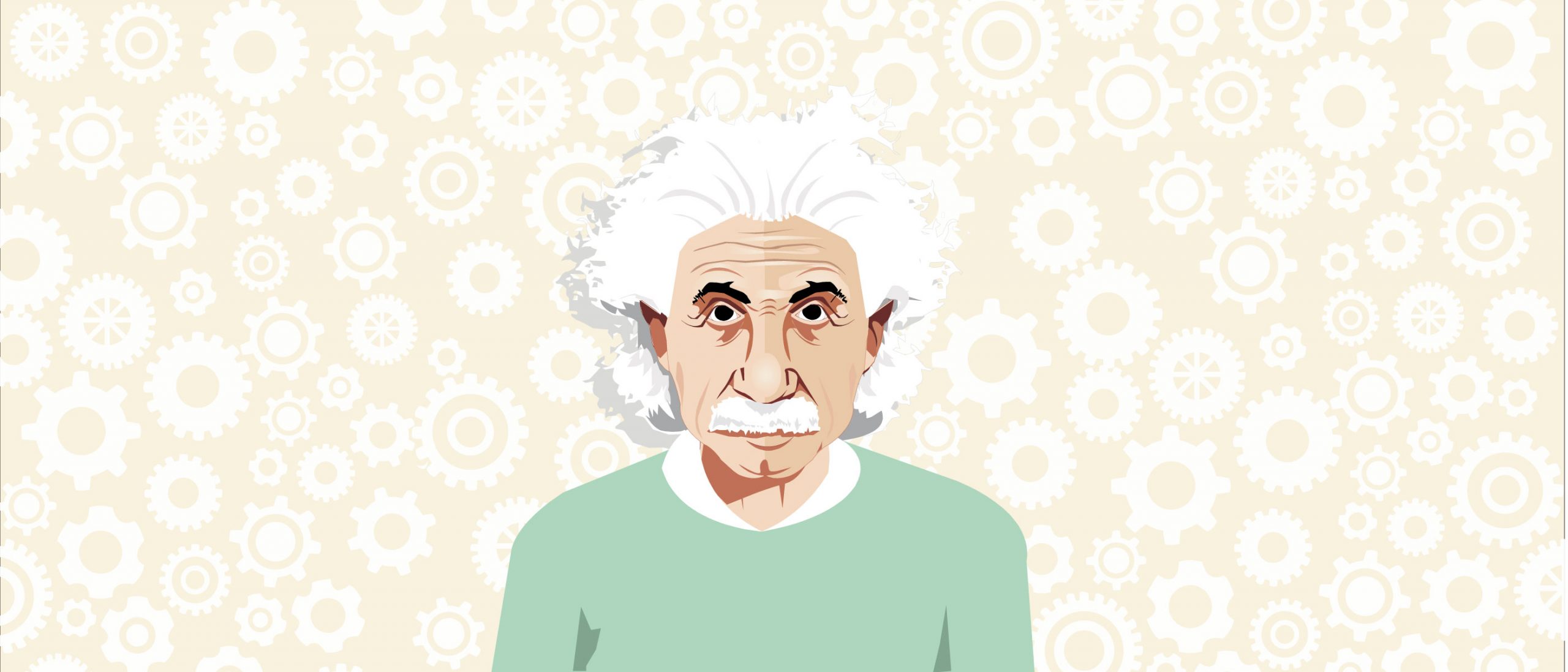
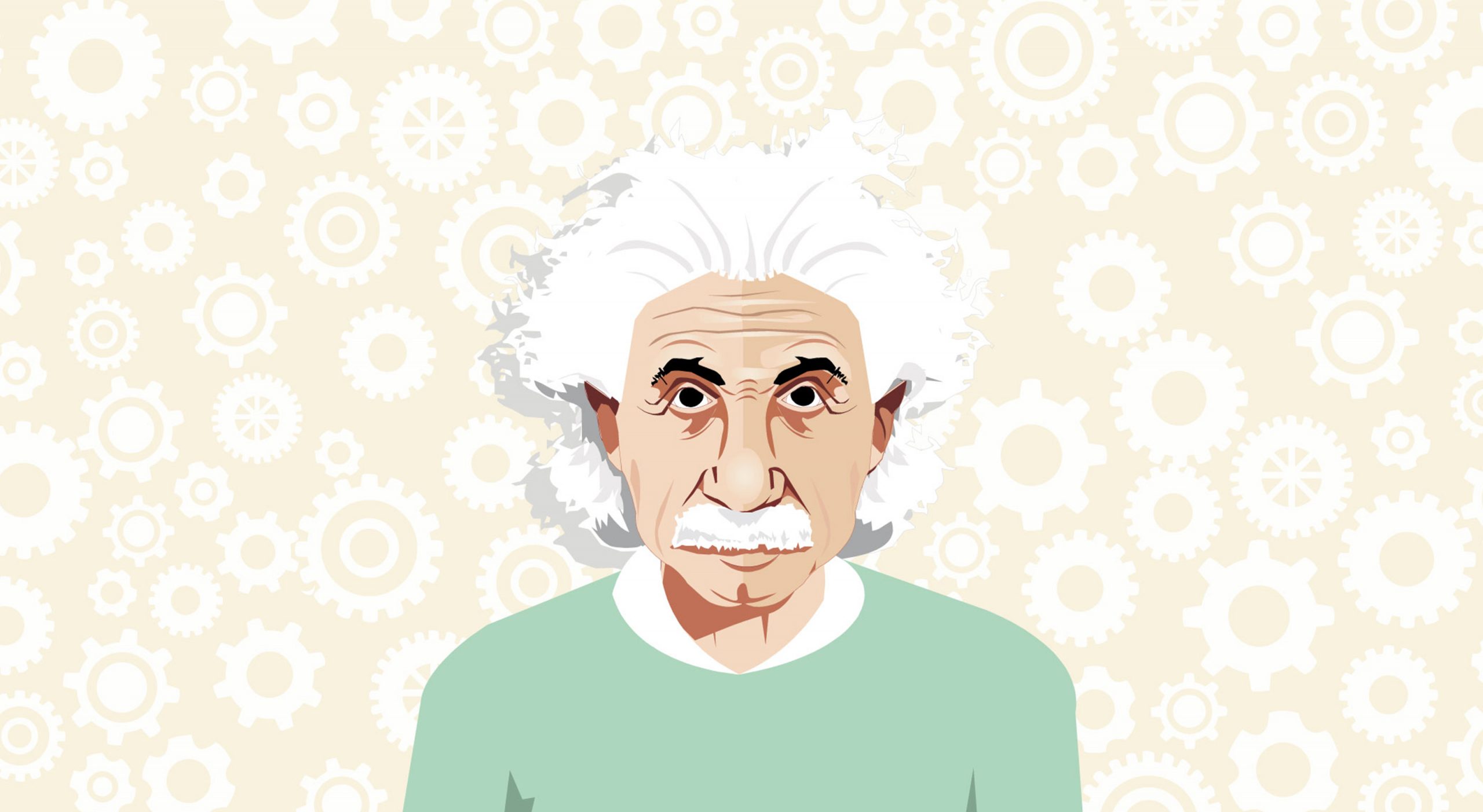
“If you think you understand quantum mechanics, you don’t understand quantum mechanics.”- Einstein
Stay curious to stay sharp.
Engage in Elaborative Interrogation Method (Socratic Method)
Use your study material and constantly ask yourself questions on its content. Questioning how one concept connects to another concept can help to identify the gaps in one’s knowledge. This method can be done individually or with your peers. The discussion on this aspect is further covered in: “Education Heuristic – Going Beyond”.
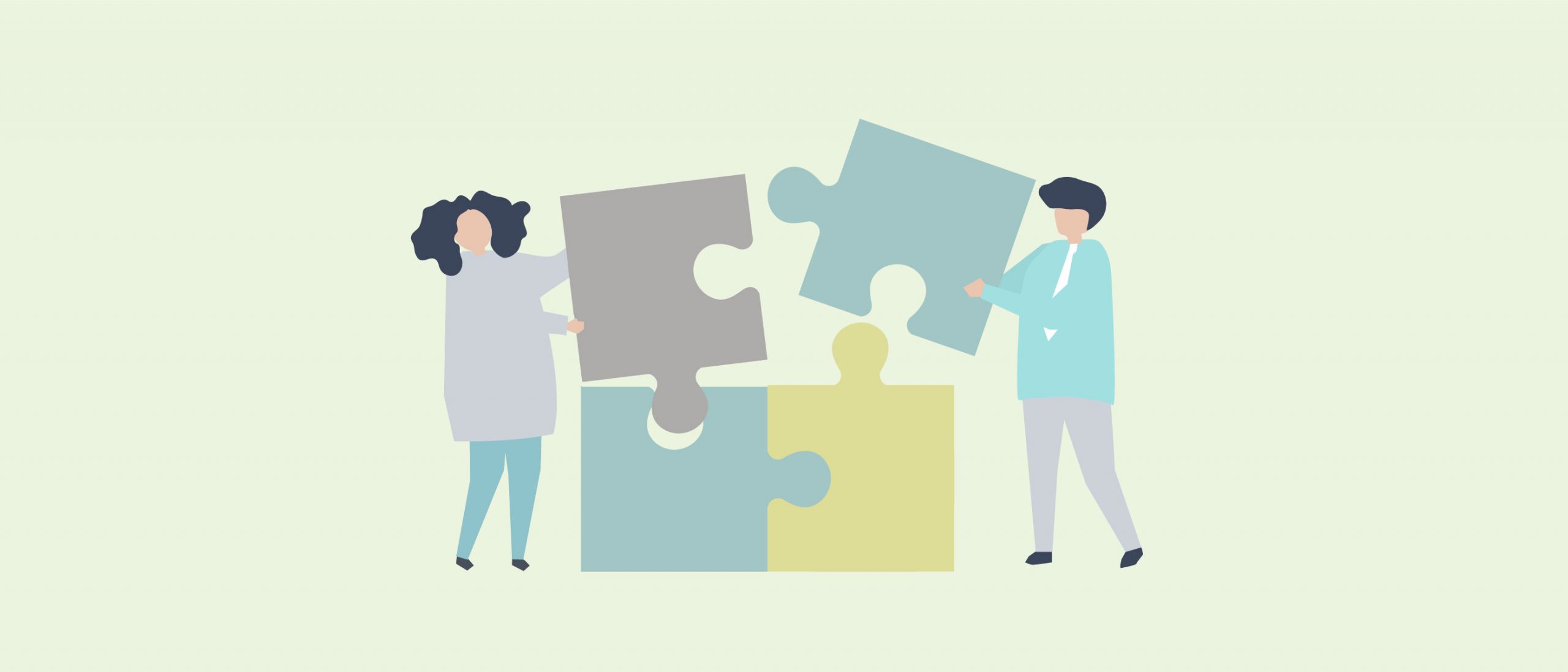
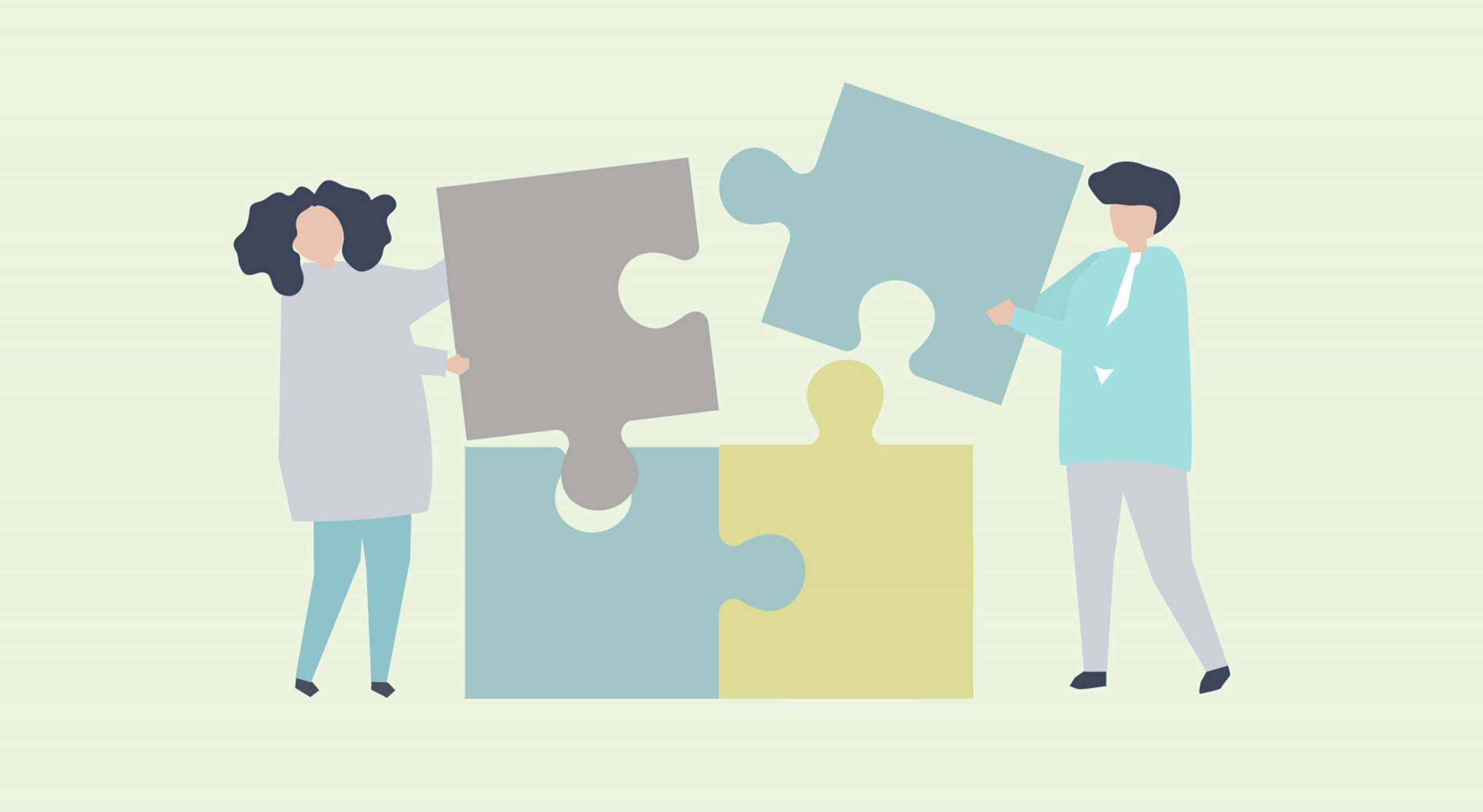
Start connecting the dots by engaging in socratic method
Emphasize on Quality Over Quantity For a Start
Quantity does not translate to quality. In fact, in education, it tends to be the opposite. The sheer number of worksheets completed (quantity) does not promise an improvement in grades. It is the refining of cognitive processes (i.e. the thought process) while working through each of the question that makes one more versatile and ready to cope with other similar questions or topics (quality).
That said, quantity should not be forsaken as well. It is just recommended to first brush up on one’s understanding and processing capability (focusing on quality), then subsequently reinforcing on what has been learnt through working on more questions and/or topics of a similar nature (reinforcing through quantity).

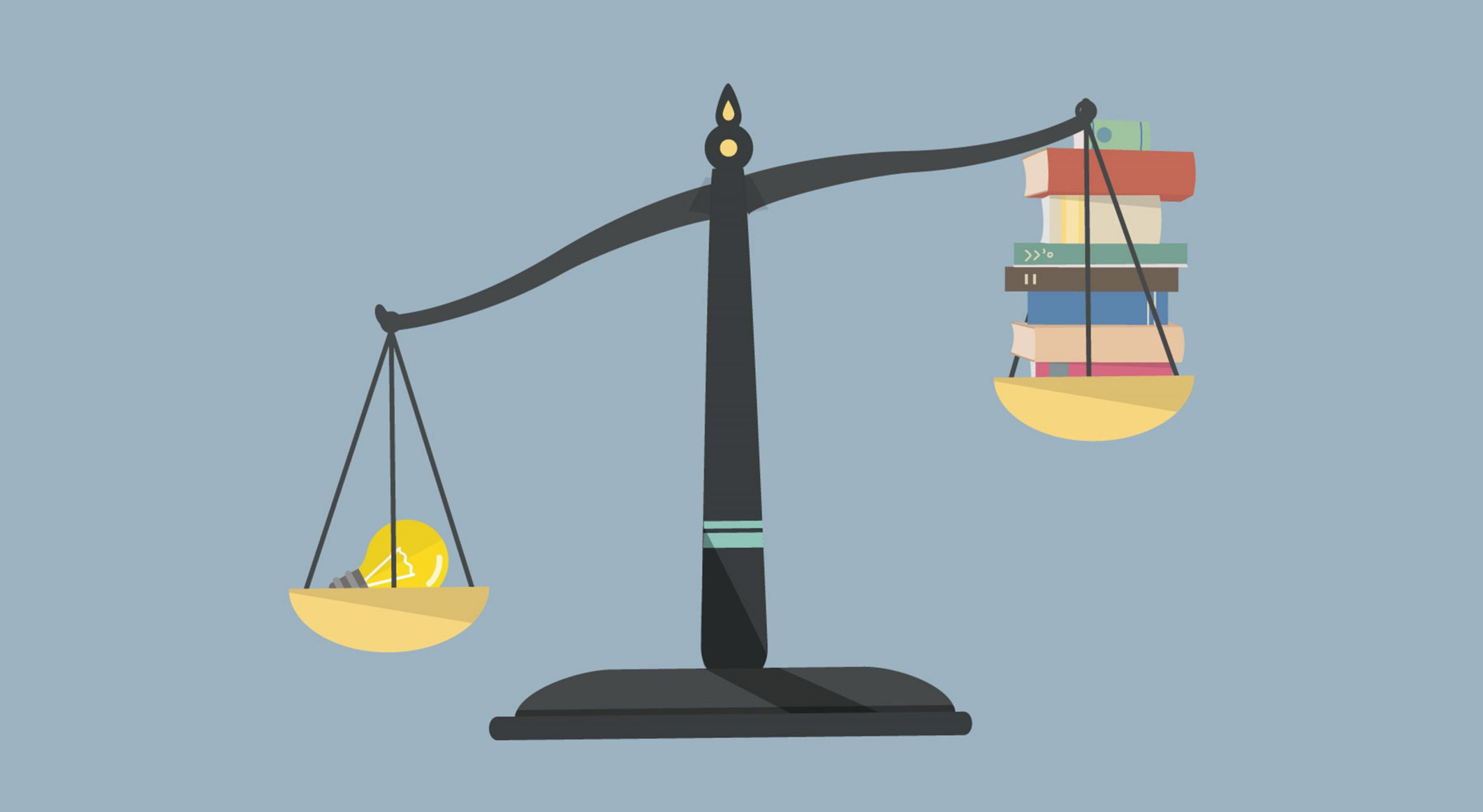
Doing tons of assessment books and paper does not necessarily translate into quality learning
What's Next?
Start to practice learning and not just studying, which can yield effective and sustainable outcomes for you (i.e. boosting one’s learning capability and retention of knowledge). Find out how to further reinforce one’s learning in the next article: Going Beyond.
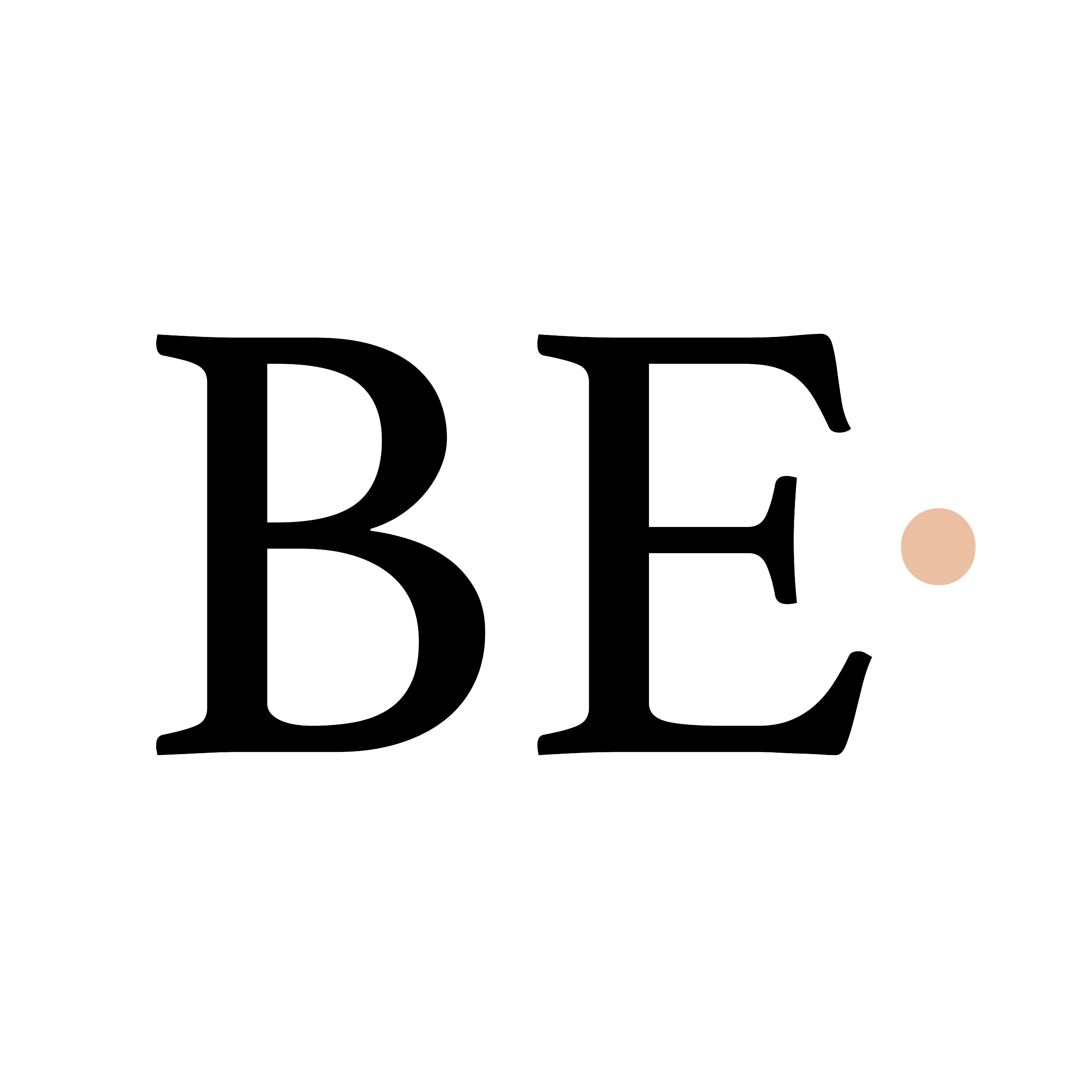
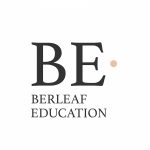
Leave a Comment
Your email address will not be published. Required fields are marked *